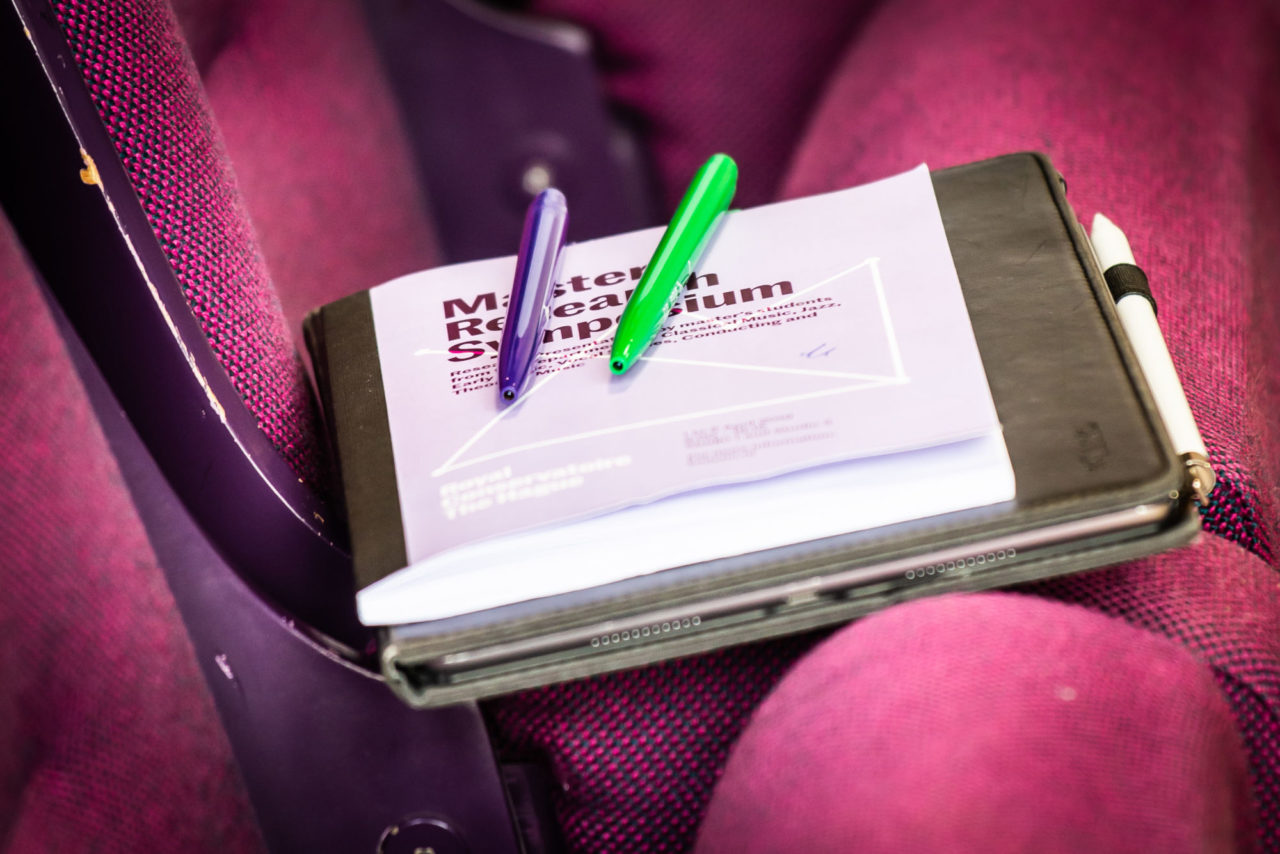Four universities of applied sciences on their experiences with institutional accreditation
In a pilot project organised by the Dutch Ministry of Education, Culture and Science, four universities of applied sciences have been experimenting in the last few years with a new system of quality assurance. This new method offers considerable freedom and scope for professional assessment of individual programmes within the framework of a broad and robust quality audit at institutional level. What are the institutions’ main findings?
The Royal Conservatoire’s critical friends
The Royal Conservatoire of the University of the Arts The Hague is busily experimenting with a form of quality culture designed to secure the close involvement of students and teachers. An important guiding principle is to bring about a shift from a process-driven approach to a quality culture (based on the language of quality assurance) to a conversation on the quality of the content of the education (based on the language of the discipline).
To this end, the Conservatoire has established a system of international ‘critical friends’, who play an important role in the permanent improvement of programmes. The critical friends are renowned experts in the relevant discipline who spend several days reviewing the standard of a programme or a department (jazz, early music or composition, for example) and discussing it with students, teachers and management. The experts speak the same language as the students and teachers, but simultaneously base their assessment of the programme on a number of specific criteria. The review concludes with a report with substantive observations and recommendations, to which the programme or department has to write a reaction and a plan for improvements. The critical friend returns three years later to investigate what has been done in response to the recommendations. The process is monitored by a visitation panel, which visits the institution every six years and evaluates the process in general on the basis of the reports of the critical friends.
The experiences with this method have demonstrated a significant increase in the engagement of students and teachers with the issue of quality. As a result, they feel the workload is lighter than with the current programme assessments, which are often seen as a ‘necessary evil’. Most importantly, however, this method has greatly increased the relevance of external quality assessment, because by virtue of the far deeper examination of the programme or department, the recommended improvements are far more to the point than is the case with the existing programme reviews.
This article was written by: Edwin Löring, Martin Prchal, Anneke Vierhout, Martin de Wolf. Read the full article here.
Find out more about Quality Culture.

